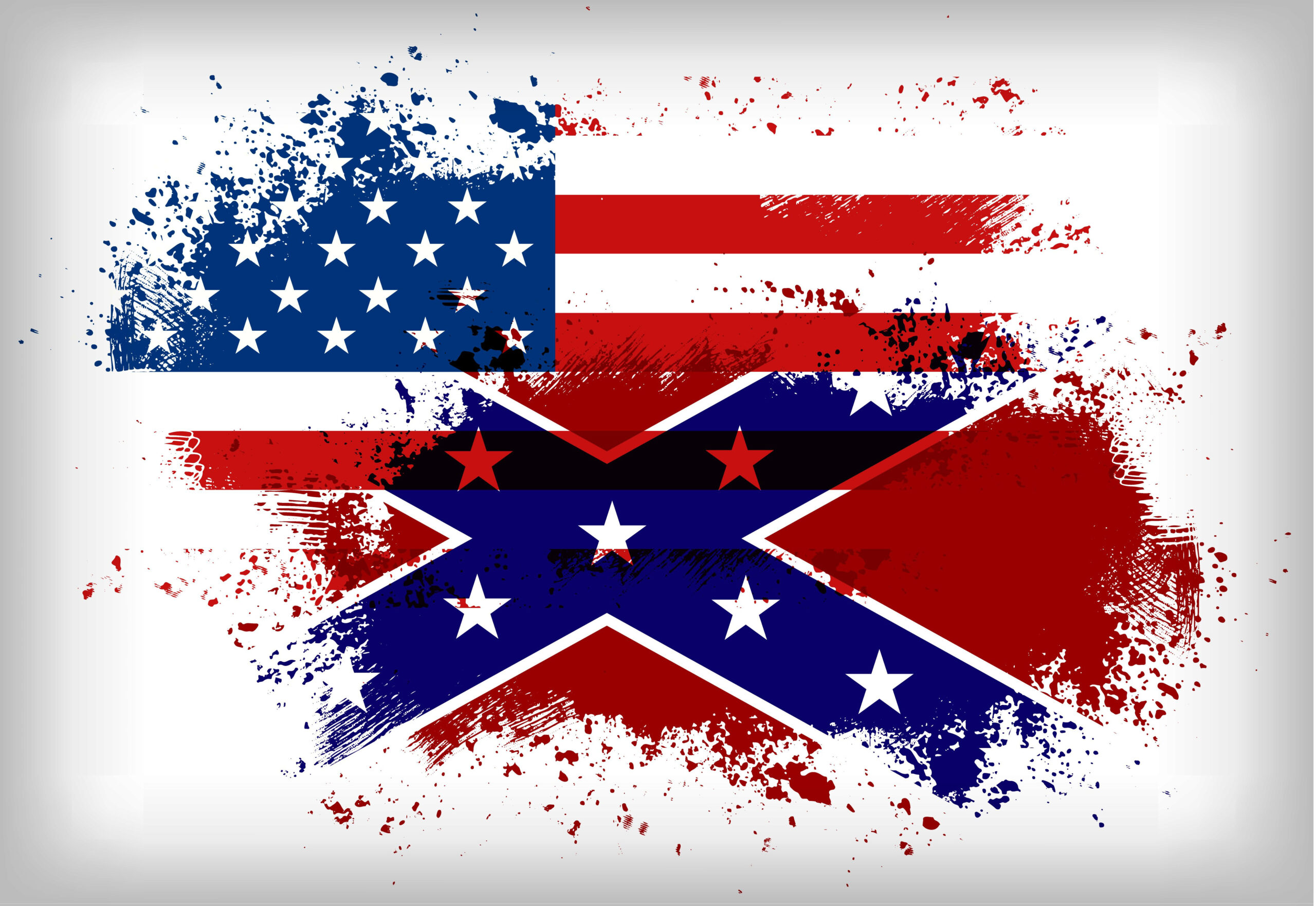After the Civil War America needed to put itself back together. The war saw thirteen southern states that needed to rejoin the union. And it saw that it was going to need new policies so the Blacks living in those areas could enjoy their new freedom.
The period was called Reconstruction. The Reconstruction era (1861 to 1900), the historic period in which the United States grappled with the question of how to integrate millions of newly freed African Americans into social, political, and labor systems, was a time of significant transformation within the United States.
If the southern states were to be let back into the union, they would have to adhere to the new policies put forth by the United States government. The protections that came with the reconstruction period gave Blacks in the South some comfort that their new freedoms were protected.
These new freedoms, while lawful, did not stop the persecution of slaves all over the South. Blacks continued to move north, not just for jobs, but they attempted to escape the Ku Klux Klan and the Jim Crow Laws that were born after the Civil War.
Today, the policies that Blacks fought for and won during the last 120 years seem to be slowly slipping away.
AFFIRMATIVE ACTION
The supreme court’s ruling to end Affirmative Action has hit the Black community hard. The purpose of affirmative action was to ensure equal employment opportunities for applicants and employees. It was based on the premise that, absent discrimination, over time a contractor’s workforce will reflect the demographics of the qualified available workforce in the relevant job market.
In college admissions, Affirmative Action allowed the university the opportunity to make admissions decisions using race as a factor to have a more balanced student body. With the end of Affirmative Action, colleges across the country have seen a huge drop in college applications by Black students.
This reduction will certainly hurt the Black community and slow the progress of the race evolving. Scores of students used this policy to get into schools that are in difficult places to reach, and difficult to pay for.
THE BAN ON ABORTION

For the Black community, the reversal of Roe vs Wade hits particularly hard. No one will disagree that using abortion as birth control is a good thing. But for Blacks, this policy people with disabilities young girls from having a safe effective option to having a baby out of wedlock, becoming dependent on the government for assistance, and reducing the child’s ability to go to school and grow.
Banning abortions is problematic for the Black community since the mortality rate is higher among Black women due to problems with trying to have children. The policies that impact late-birth abortion could continue to increase deaths related to birthing situations in African American women.
REDISTRICTING OF VOTERS

There is a huge problem in American politics for Blacks who vote. The Republican party is attempting to redraw the voting districts of the country to cancel the Black vote. Redistricting is the process of drawing district lines which means changing the boundaries every ten years following the census.
For those states that have copious amounts of Blacks voting in one area, the goal is to reduce the impact of those areas by giving more power to rural areas where Whites tend to vote. Gerrymandering is the term used to describe cases of district-shape manipulation for partisan gain in the states that attempt to do so.
Remember that if you are convicted of a felony, you lose the right to vote. For Blacks, this is a problem since they are prosecuted at a much higher rate than any other race. This effectively eliminates thousands and thousands of Blacks from being able to vote.
Since the January 6 insurrection, dozens of states have enacted restrictive voting laws. Race played a key role in where these measures were introduced and passed, and their effects will fall especially hard on voters of color.
Two laws — one in Arizona and one in Georgia — demonstrate how the legislation will disproportionately impact communities of color, making it more difficult for them to vote.
Before Arizona legislators passed Senate Bill 1485 last year, registered voters could sign up to automatically receive a mail ballot for every election. Whether or not the voter participated, they could still count on getting a ballot for the next contest, which made voting easier.
in the future, voters will be booted off the mail voting list if they go four years without casting a mail ballot — even if the state has no reason to think they have moved or are otherwise ineligible.
VOTING IN 2024
Blacks have made extraordinarily few gains from neither the Democratic nor Republican party. President Biden running again over 80 years old leaves Black voters worried about his future. For Black who might consider voting for a Republican, the open and active campaign to alter Black History by Governor DeSantis worries voters even more.
The rest of the ticket seems weak on both sides leaving Blacks to fend for themselves. The policies that will shape the future will depend on the Black vote. Some wonder if Blacks should sit out of the presidential race in 2024. Others contend that voting democratic is the only option.
There might be a third option. Some might consider voting for the person instead of the party. Make the American political system fight for the Black vote. One thing is for certain, the future of Black America hangs in the balance of who sets the policies for the country over the next four years. If you have not registered to vote, please do. Your children’s future depends on it.


